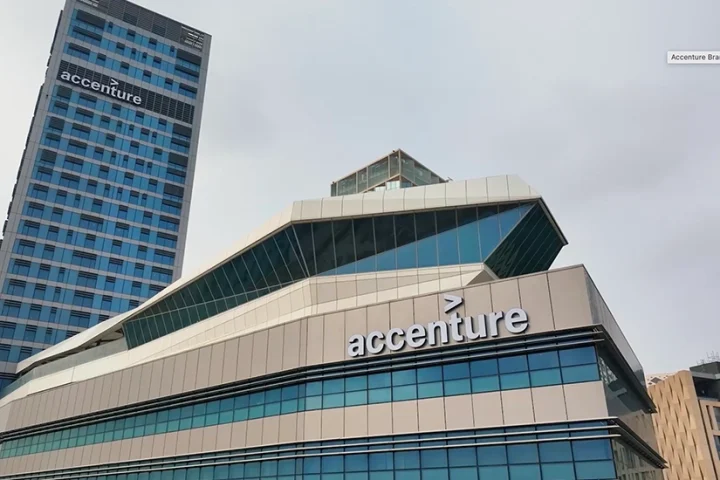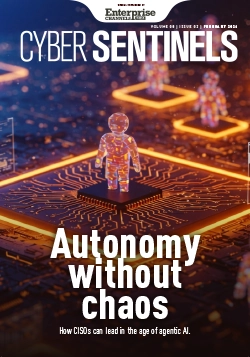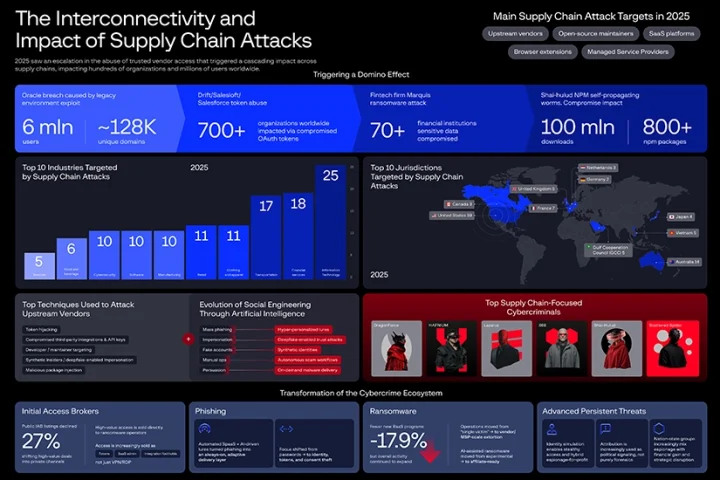Mobility connectivity at a hotel has now become more than just about high speed Internet access. Today, hotels can offer their guests through technology an immersive, personalized experience that boosts guest loyalty and increases hotel revenue. From wayfinding and push notifications, to simplified check-in/ check-out, a more home like experience, mobility solutions allow travellers to have a “wow” experience every step of their journey.
A new breed of traveler is already playing a key role in shaping the travel industry in the Middle East. Millennials (aka #GenMobile), and their influence will continue to strengthen over the next decade. By 2020, Millennials will represent over half of the total spend in this space. This continuously-connected, context-aware generation, places a high importance on personalization and memorable experience in their travels. And they expect mobile technology to be their enabler.
Hotel chains are already responding to this shift in their customer base by creating or purchasing boutique brands to add to their portfolio. Gen Y focused brands have been created to meet the demands of Millennials. These millennials demand the latest technology to help them stay connected and engaged and expect hotel chains and other travel related industries to personalize their experience through technology. Over 70% say free Wi-Fi plays a key role in deciding where they book. So being able to provide the best possible Wi-Fi experience, personalized with mobile engagement solutions, is critical.
Whilst filling rooms and getting as close as possible to 100% occupancy rates is vital, additional facilities like gyms, spas, bars, restaurants, cafes, business centres, shops utilisation rates are important as well. Their existence within the hotel is a sunk cost and their on-going maintenance an operational cost.
There is a way in which these cost streams can be turned into revenue streams by answering those five key questions: Who? What? Where? When? Why?
Today there is technology that allows hotels to identify Who is entering the facility, What they are interested in (based on previous visits), Where they are inclined to spend more time within the hotel property/resort when they do certain activities, and most importantly why they are taking these actions.
This type of information and data can help a hospitality program manager build a relevant, customised loyalty program that benefits the customer but also lowers maintenance costs in the back office for the company. The aim is to create an experience guests will write home about.
Mobility connectivity at a hotel is no longer just about high speed Internet access. Today, technology enables venues to offer their guests an immersive, personalized experience that boosts guest loyalty and increases hotel revenue. From wayfinding and push notifications, based on an individual’s location and personal preferences, to simplified check-in/ check-out, and a more home like experience, mobility solutions allow travellers to have a “wow” experience every step of their journey.
Predictive, proactive, and actionable data opens the door to new travel experiences. With the proliferation of IoT devices and deployment of the latest technologies like Bluetooth Low Energy (BLE) beacons, and armed with data to capture the traveller’s preferences, all that’s needed to ensure endless possibilities for a dynamic and personalized customer experience is a well thought out mobile app and guest engagement strategy.
Some 5-star features enabled by technology that hotels can use to wow their guests are: stop handing out Wi-Fi logins on a piece of paper, custom-branded mobile app, make staff mobile, boost loyalty programs.
The same level of interactions customers experience in airports, retail, stadia, museums is brought to the hospitality arena to lift service levels and increase customer satisfaction by enabling customer engagement at a personal level. These engagements lead to aggregated personalized data which helps hospitality facilities improve their programs, services and utilization rates and lower costs in the end.

















